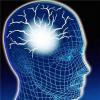Sign in to follow this
Followers
0

Does Taoism presuppose a political viewpoint?
By
Encephalon, in General Discussion

By
Encephalon, in General Discussion